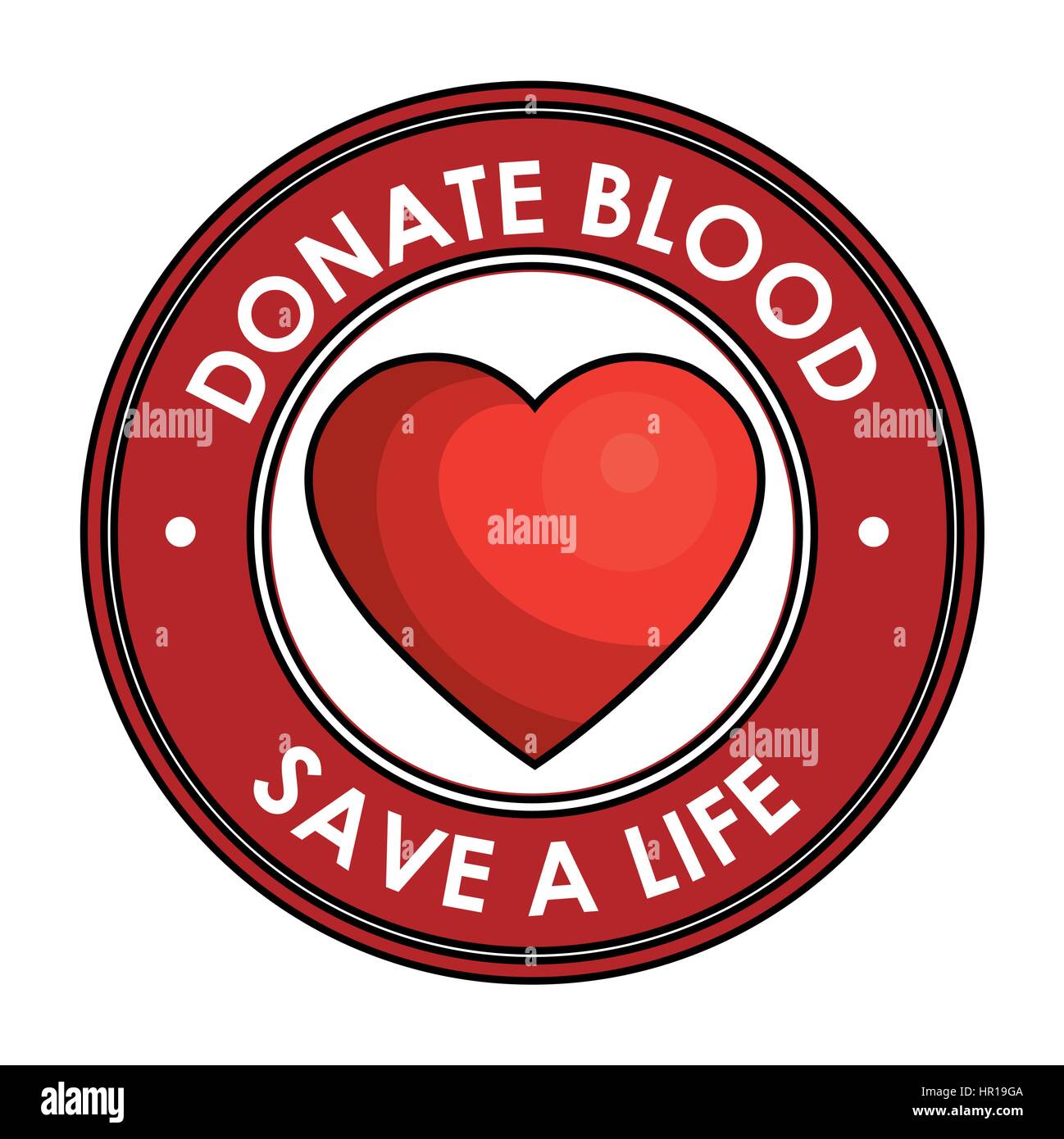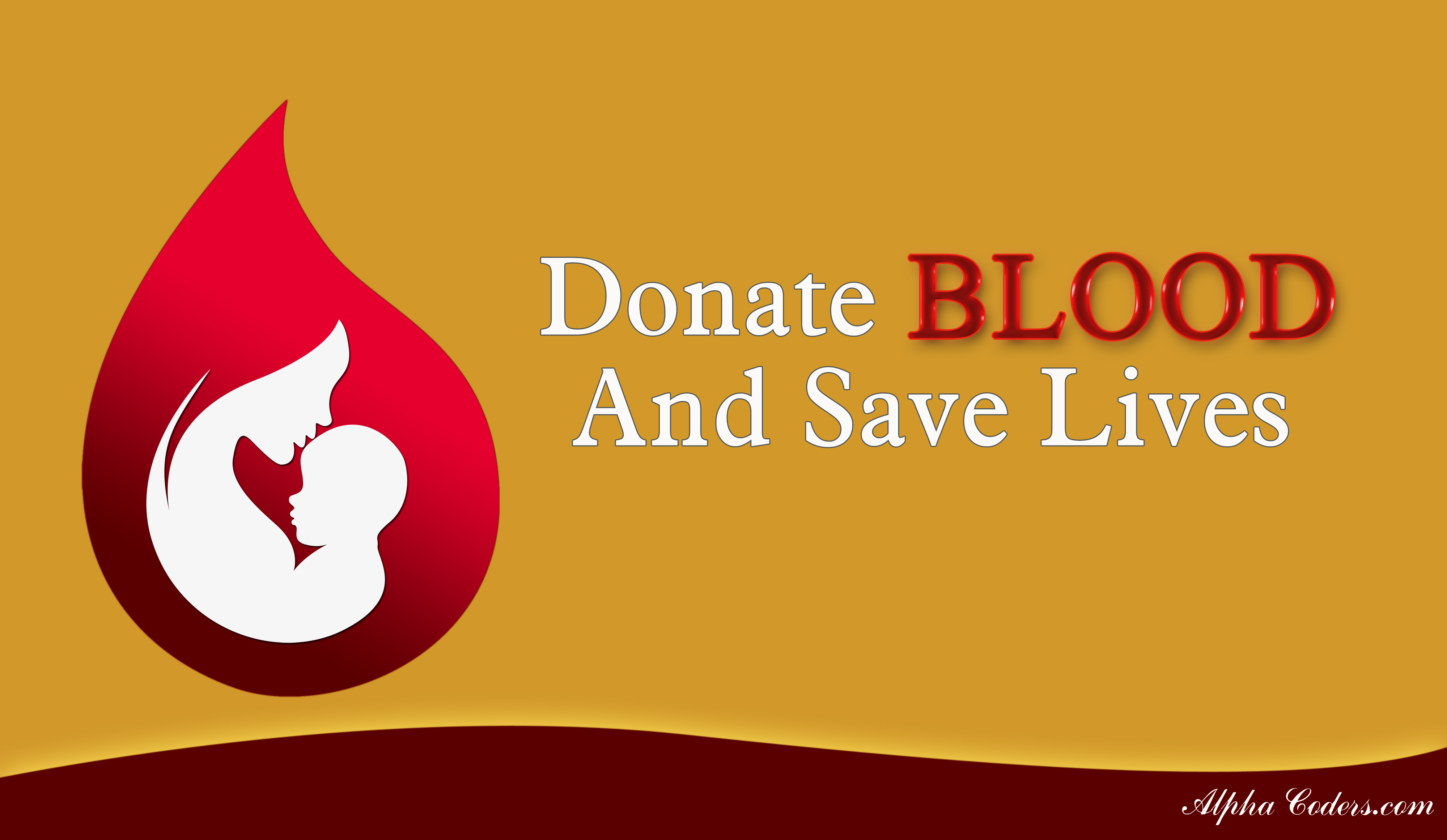"Give The Gift Of Life: Donate Blood And Save Lives"
Editor's Notes: "Give The Gift Of Life: Donate Blood And Save Lives" have published today date because it is an important topic that can help save lives. Blood donation is a simple and safe way to give back to your community, and it can make a big difference in the lives of others.
We've put together this guide to help you learn more about blood donation and how you can get involved.
Key Differences
| Whole Blood Donation | Platelet Donation | |
|---|---|---|
| Time Required | 45-60 minutes | 2-3 hours |
| Amount Donated | 1 pint | 1 unit (equivalent to 3-4 pints of whole blood) |
| Frequency | Every 56 days | Every 2 weeks |
Main Article Topics
- The Benefits of Donating Blood
- Who Can Donate Blood?
- How to Donate Blood
- What to Expect After Donating Blood
- FAQs About Donating Blood
Blood Drive | City of Lakeway, TX - Official Website - Source www.lakeway-tx.gov
FAQ
The process of giving blood is relatively straightforward, but it's understandable to have concerns or questions before donating. This FAQ addresses some of the common misconceptions and provides important information to help you determine if donating blood is right for you.
Question 1: Is it safe to give blood?
Yes, it is safe to give blood. The blood donation process is regulated by strict safety guidelines to ensure the well-being of both donors and recipients. Donors undergo a screening process to check for any potential health conditions or risk factors that may affect their eligibility. During the donation process, sterile equipment is used to minimize the risk of infection.

donate blood save a life Stock Vector Image & Art - Alamy - Source www.alamy.com
Question 2: How long does it take to give blood?
The entire blood donation process usually takes about an hour, including the registration, screening, blood draw, and refreshments. The actual blood draw typically takes between 5 to 15 minutes.
Question 3: Am I eligible to give blood?
To be eligible to give blood, you must meet certain criteria, such as being at least 18 years of age, weighing at least 110 pounds, and being in good general health. Some medical conditions or medications may affect your eligibility. You can check your eligibility by visiting Give The Gift Of Life: Donate Blood And Save Lives and answering a few simple questions.
Question 4: Does giving blood hurt?
Most donors experience very little discomfort during the blood donation process. The needle used for the blood draw is very small, and the pain is usually minimal. Some donors may feel a slight pinch or sting when the needle is inserted, but the pain typically goes away quickly.
Question 5: What are the benefits of giving blood?
Giving blood not only saves lives but also offers numerous benefits to the donor, including improving heart health, enhancing immune function, reducing the risk of certain diseases, and providing a sense of accomplishment and satisfaction.
Question 6: How often can I give blood?
The frequency of blood donation depends on the type of donation. Whole blood donations can be made every 56 days for men and every 84 days for women. Platelet and plasma donations can be made more frequently, up to 24 times per year.
If you have any additional questions or concerns about giving blood, please don't hesitate to contact your local blood bank or visit the Give The Gift Of Life: Donate Blood And Save Lives website for more information.
Giving blood is a simple and incredibly rewarding way to make a positive impact on the lives of others. By donating blood, you can save lives, improve the health of your community, and experience the benefits of giving back.
Tips
Now that you have decided to donate blood, here are some tips to ensure the process goes smoothly and you can give the gift of life confidently.
Tip 1: Stay Well-Hydrated
Before donating, drink plenty of fluids like water or juice to increase your blood volume and make the donation process easier.
Tip 2: Eat a Healthy Meal
Consuming a nutritious meal within 3-4 hours before donating can provide the energy needed for the procedure and help maintain your blood sugar levels.
Tip 3: Get a Good Night's Sleep
Resting well before donating ensures you are healthy and refreshed for the process. Avoid strenuous activities the day before to conserve your energy.
Tip 4: Wear Comfortable Clothing
Loose-fitting and short-sleeved clothes make the blood donation process more comfortable. Conveniently rolled-up sleeves will provide easy access for the phlebotomist.
Tip 5: Avoid Alcohol and Caffeine Beforehand
For at least 24 hours before donating, it's crucial to refrain from alcohol and caffeine. These substances can affect your hydration levels and interfere with the accuracy of blood tests.
Tip 6: Inform of Medications
Inform the blood donation staff about any medications you are taking, including prescription and over-the-counter drugs. Some medications may temporarily affect your eligibility to donate.
Tip 7: Allow Ample Time
The blood donation process typically takes 45 minutes to an hour. Arrive at the donation site a bit early to complete the registration and pre-donation screening.
Tip 8: Bring Identification
Don't forget to bring a government-issued photo ID to confirm your identity at the blood drive or donation center.
By following these tips, you can contribute to saving lives and positively impact your community through blood donation.
Give The Gift Of Life: Donate Blood And Save Lives
Every pint of blood holds the power to save three lives. By donating blood, we contribute to a cause greater than ourselves and make a tangible difference in our communities. Understanding the essential aspects of blood donation empowers us to recognize its profound impact on society and inspire empathetic actions.
- Life-Saving Act: Blood transfusions offer a lifeline for individuals undergoing emergencies, surgeries, or battling illnesses.
- Altruistic Gesture: Donating blood is a selfless act that demonstrates compassion and a desire to help others.
- Health Benefits: Regular blood donations can potentially reduce the risk of heart disease and other health conditions.
- Community Initiative: Blood shortages are common, making donations crucial for maintaining adequate supplies in hospitals.
- Extensive Screening: Donated blood undergoes rigorous testing to ensure the well-being of both donors and recipients.
- Global Impact: Blood transfusions are essential in disaster relief and conflict zones, saving lives worldwide.
The act of giving blood not only provides a vital resource for medical emergencies but also fosters a sense of purpose and connection within our communities. It is a testament to human compassion and a reminder that even a seemingly small gesture can have a profound impact on the lives of others.

2 Blood Donor Month HD Wallpapers | Backgrounds - Wallpaper Abyss - Source wall.alphacoders.com
Give The Gift Of Life: Donate Blood And Save Lives
Every three seconds, someone in the United States needs a blood transfusion. That's more than 41,000 people each day. Blood transfusions are used to treat a variety of conditions, including cancer, sickle cell disease, and trauma. They can also be used to replace blood lost during surgery or childbirth.
Blood cannot be manufactured, so it is essential that people donate blood to ensure that there is enough to meet the needs of patients. Donating blood is a safe and easy way to save lives. It takes about an hour to donate blood, and most people can donate every eight weeks.
There are many reasons why donating blood is important. First, blood transfusions can save lives. They can be used to treat a variety of conditions, including cancer, sickle cell disease, and trauma. Second, blood transfusions can improve the quality of life for patients. They can help to reduce symptoms and improve overall health. Third, donating blood is a way to give back to the community. It is a selfless act that can make a big difference in the lives of others.
If you are healthy and weigh at least 110 pounds, you can donate blood. The process is simple and takes about an hour. You will be asked to provide a medical history and undergo a physical examination. If you are eligible to donate, you will be taken to a donor bed where you will be asked to lie down and relax. A needle will be inserted into your arm and blood will be drawn into a bag. Once the bag is full, you will be given a bandage and a snack.
Donating blood is a safe and easy way to save lives. It is a selfless act that can make a big difference in the lives of others. If you are healthy and weigh at least 110 pounds, please consider donating blood.